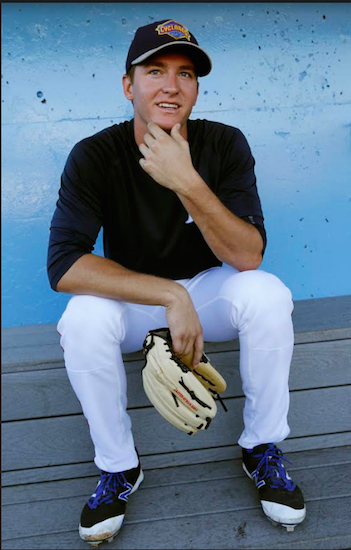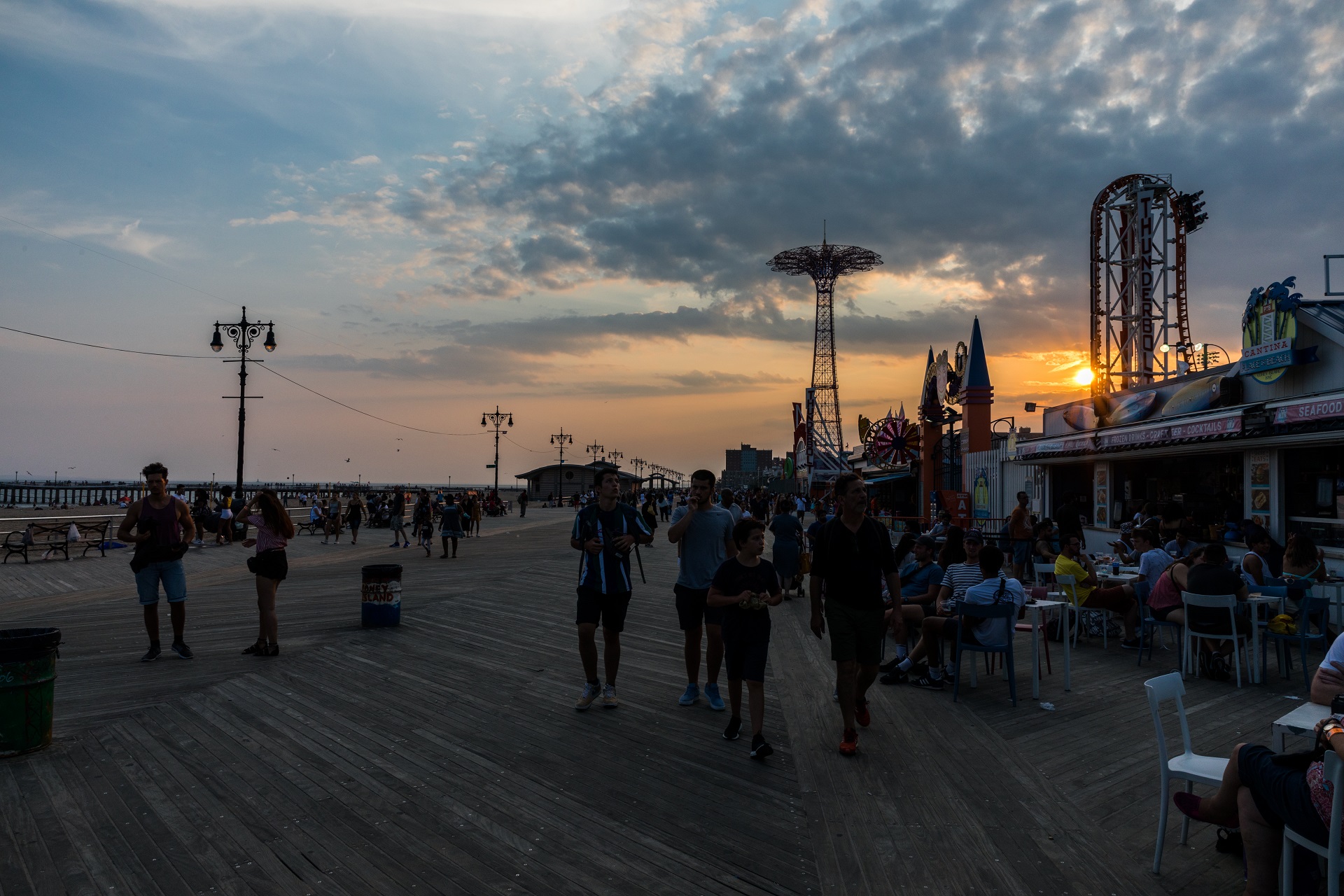Far from glamorous majors, minor leaguers pinch pennies

Two days after the New York Mets took him in the 19th round of the baseball draft this June, Gary Cornish boarded a 6:40 a.m. flight from Phoenix to John F. Kennedy Airport, took his physical and checked into his new home, the Red Lion Inn & Suites in downtown Brooklyn.
Cornish agreed to a $10,000 signing bonus and was assigned to the Cyclones of the Class A New York-Penn League. Like most new minor leaguers, his initial salary is $1,100 a month. After a $100 deduction for hotel housing, $40 in clubhouse dues to pay the equipment kids and taxes, the 21-year-old pitcher’s biweekly take-home pay is about $380, less than the cost of some Mets premium tickets at Citi Field.

Coney Island
View MoreIn just a little over an hour, you can be transported from the glitz and glamor of Manhattan to the old-school amusement of Brooklyn's storied Coney Island. The destination offers thrills, sun, surf and a unique brand of entertainment that will feel worlds away from the rest of the City.